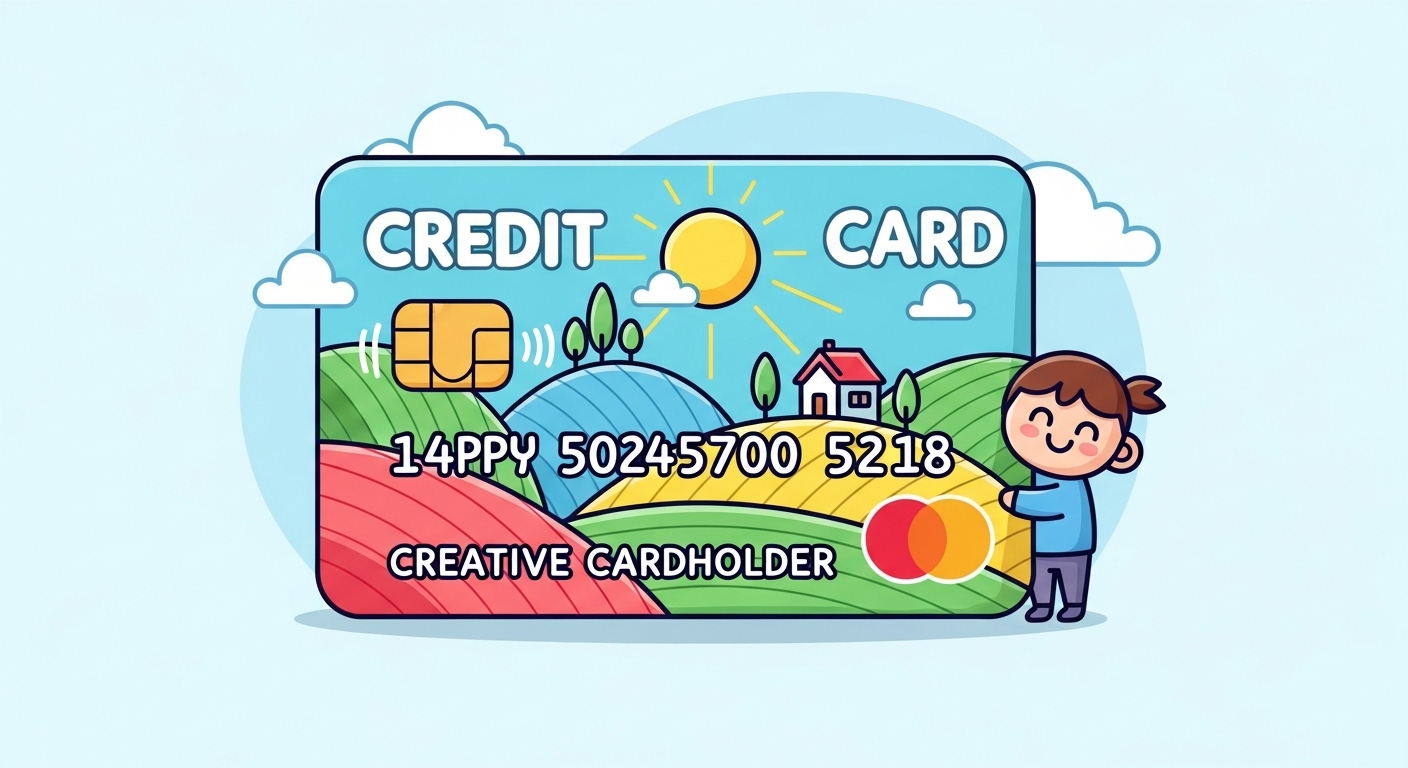Differences Between Credit Cards and Debit Cards

When it comes to managing personal finances, two of the most commonly used payment tools are credit cards and debit cards. Although they might look similar and are often used in the same way at checkout, they function very differently. Understanding these differences can help you make smarter financial decisions.
1. What Is a Credit Card?
A credit card allows you to borrow money from your bank or credit provider to make purchases. The amount you spend accumulates as credit card debt, which you must repay—either in full or through monthly installments.
Credit cards usually come with a credit limit, interest rates, and sometimes rewards or cashback programs.
Key points:
- You borrow money to make payments.
- Must pay back the balance each month (fully or partially).
- May include interest and fees.
- Often comes with reward systems (points, miles, or cashback).
2. What Is a Debit Card?
A debit card is directly linked to your bank account. When you use it, the money is immediately deducted from your available balance. You’re spending your own money, not borrowing from a lender.
Key points:
- Directly uses your own funds.
- No interest or debt.
- Limited to your account balance.
- Usually free from credit checks.
3. How Payments Are Processed
The main functional difference between the two lies in how transactions are processed:
- Credit card: The bank pays the merchant on your behalf, and you repay the bank later.
- Debit card: The funds are immediately withdrawn from your account.
This distinction affects how long it takes for transactions to clear and how refunds or disputes are handled.
4. Impact on Credit Score
Credit cards play a significant role in building or damaging your credit score, since your repayment history, credit utilization, and account age are reported to credit bureaus.
Debit cards, on the other hand, do not affect your credit score because no borrowing or repayment activity is reported.
5. Fees and Interest
- Credit cards may charge interest on unpaid balances, late payment fees, and annual membership fees.
- Debit cards usually have no interest, but may charge overdraft fees if you spend more than you have in your account.
6. Security and Protection
Credit cards often offer stronger fraud protection than debit cards. In case of unauthorized transactions, you typically won’t be held liable, and disputes are easier to resolve.
Debit cards can also provide fraud protection, but recovering stolen funds can take longer since the money comes directly from your account.
7. Rewards and Benefits
Many credit cards offer rewards programs, such as cashback, travel miles, or exclusive discounts.
Debit cards rarely provide such perks, though some banks offer limited reward options.
8. Which One Should You Use?
- Use a credit card if you want to build your credit score, earn rewards, or make large purchases with added protection.
- Use a debit card if you prefer to avoid debt and manage your spending directly from your available balance.
9. Final Thoughts
Both credit cards and debit cards are convenient financial tools, but they serve different purposes. Credit cards help build credit and offer rewards, while debit cards keep your spending in check by limiting you to the money you already have. The best approach is to use each wisely based on your financial habits and goals.
